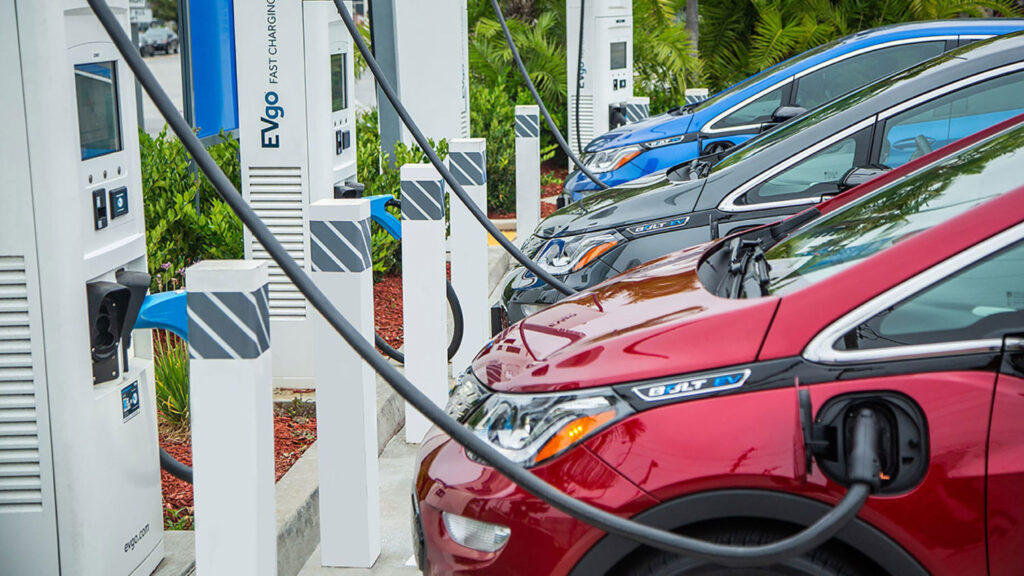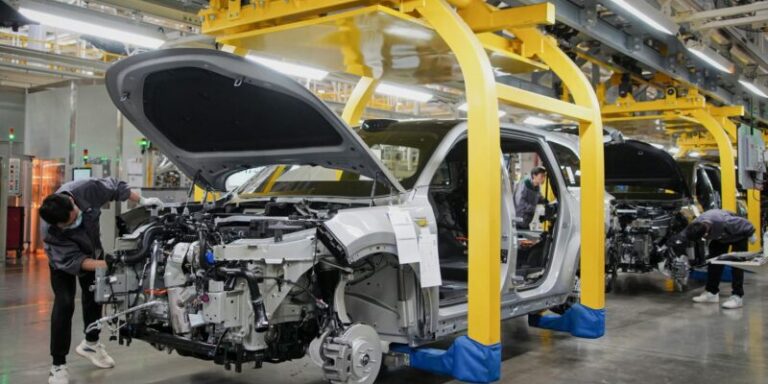
In a world grappling with the challenges of climate change and urban pollution, electric vehicles (EVs) have emerged as a beacon of hope.
These innovative machines are not only reshaping the automotive landscape but also steering us toward a sustainable future.
With their zero-emission nature, lower operating costs, and rapid technological advancements, electric vehicles have positioned themselves as more than just a mode of transportation; they represent a revolution in mobility.
The Rise of Electric Vehicles
The journey of electric vehicles began centuries ago, but it’s in recent years that they’ve truly gained momentum.
Technological advancements in battery storage, improved charging infrastructure, and a global push for sustainable transportation have acted as catalysts in driving the EV revolution.
The transition from traditional internal combustion engine (ICE) vehicles to EVs represents a shift not only in technology but also in mindset.
Environmental Impact
One of the most significant advantages of electric vehicles lies in their reduced environmental impact. Unlike their gasoline counterparts, EVs produce zero tailpipe emissions, which translates to cleaner air and a healthier planet.
The reduction in greenhouse gas emissions contributes to mitigating climate change and lessens our dependence on fossil fuels.
Economic Benefits
The economic benefits of electric vehicles extend beyond their environmental advantages. Although the initial purchase cost of an EV can be higher than that of a conventional vehicle, the lower operating costs quickly balance the scales.
EVs have fewer moving parts and require less maintenance, resulting in lower maintenance and repair expenses over their lifespan.
Additionally, the cost of electricity to power an EV is often significantly lower than the cost of gasoline, providing long-term savings for consumers.
Technological Advancements
The rapid pace of technological innovation in the electric vehicle sector is awe-inspiring. Batteries, often referred to as the heart of an EV, have seen remarkable advancements in energy density, charge times, and overall lifespan.
This has led to extended driving ranges and faster charging capabilities, addressing one of the initial concerns associated with EV adoption.
Moreover, the integration of smart technology and connectivity has transformed EVs into sophisticated machines.
Features such as regenerative braking, autonomous driving capabilities, and remote vehicle control via smartphone apps are becoming commonplace, enhancing the overall driving experience.
Charging Infrastructure
One of the critical challenges in the widespread adoption of electric vehicles has been the development of a robust charging infrastructure.
Governments, private companies, and various stakeholders are investing heavily in creating a comprehensive charging network.
Rapid chargers, located along highways and in urban centers, are reducing range anxiety by providing quick charging solutions, making long-distance travel in EVs increasingly feasible.
Challenges and Future Outlook
While electric vehicles hold immense promise, they also face challenges. The mining and disposal of battery materials, electricity generation methods, and the environmental impact of mass manufacturing are areas that need careful consideration as the EV industry continues to grow.
Looking ahead, the future of electric vehicles is brimming with possibilities. Continued advancements in battery technology, coupled with increased renewable energy adoption, could make EVs even more environmentally friendly and economically viable.
As governments worldwide enact stricter emissions regulations, the automotive industry is being pushed toward greater electrification.
The day when EVs dominate roads and fossil-fueled vehicles become the exception rather than the norm might not be too far off.
Electric vehicles are not merely a mode of transportation; they embody a paradigm shift toward a cleaner, more sustainable future.
With their environmental benefits, lower operating costs, and rapid technological progress, EVs are rewriting the rules of the automotive industry.
As governments, manufacturers, and consumers unite in the pursuit of a greener planet, electric vehicles are poised to lead the charge toward a better tomorrow.








